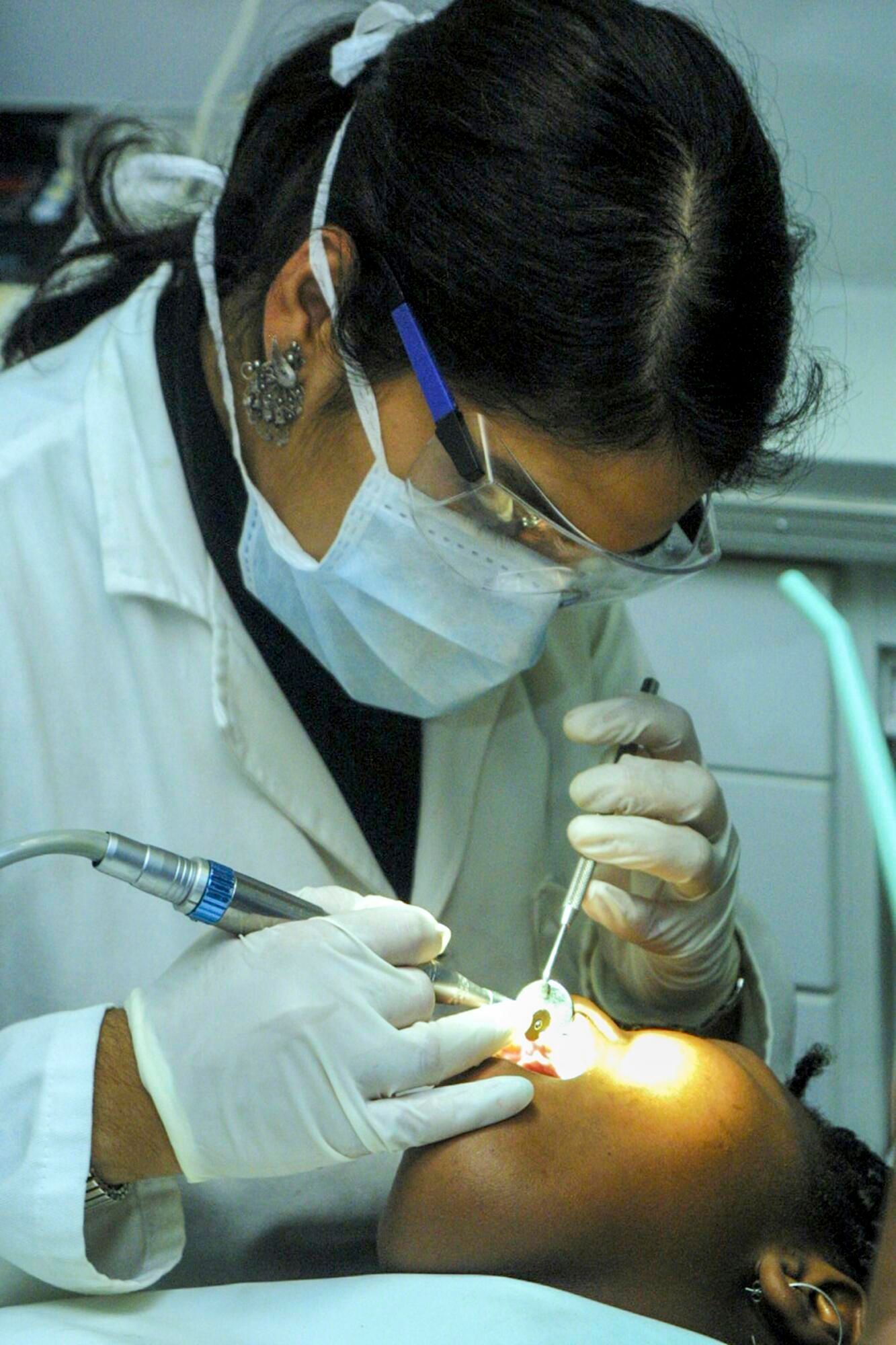If you are considering surgery for an oral issue, this guide can help. Here is everything you need to know about oral maxillofacial surgery.
There are more than 4,576 oral and maxillofacial surgeons in the United States. This number is continuing to grow, which reflects the growing need for maxillofacial treatment. Many conditions and diseases affect the upper and lower jaw, some of which require surgery.
This is why having a good oral surgeon, Lutz, FL, is important. If you need oral and maxillofacial surgery, you'll need a trained professional to operate on you. but what should you expect from this kind of surgery?
How should you prepare? What's the recovery process like? How can you know if surgery is the right option for your problem?
Keep reading and learn more about the types of oral surgeries and what to expect.
What Is Oral and Maxillofacial Surgery?
This type of surgery aims to fix issues that affect the jaw. The maxilla is the upper part of the jaw. Various issues may affect this bone structure.
A cleft palate is one example. This creates a fissure at the top of a person's mouth. This is a problem that some people are born with.
The only way to fix it is with surgery. Some jaw problems may occur later in life. Consider the temporomandibular joint (TMJ).
This is the joint that connects your jaw with your skull, and you have one on each side of your jaw. This joint can be inflamed in some people. This may be because it is pressing on a nerve.
It may also be so swollen and inflamed that it is difficult for the person to open their mouth to speak or chew food. This is a very painful condition that is sometimes treated with surgery. Surgery may also be necessary if you have certain dental problems.
Different Uses for Surgery
Suppose that your wisdom teeth are impacted in your jawbone. It would not be possible to extract the teeth using the usual methods. It is instead necessary to turn to surgery for the solution.
There are many benefits of maxillofacial surgery. Getting surgery can help a person regain control over their jaw. Surgery may reduce pain and allow a person to more efficiently use their jaw.
This is important for eating and talking. Surgery can also improve a person's quality of life. This type of surgery allows people to get dentures, dental implants, and so on.
But surgery is an invasive procedure. It is important to know about maxillofacial surgery preparation before you get started.
How to Prepare for Surgery
Before the surgery, your surgeon will ask you a few questions. They will ask you about your symptoms, what kind of medication you're on, and so on. They may also take an X-ray of your jaw to get a better look at its structure.
It is important not to eat anything for 12 hours before the surgery. You may have to avoid drinking liquids during this time as well. Your doctor will give you information on how you can prepare.
Make sure your mouth is clean before the surgery. Brush your teeth and floss. This ensures that no food particles will get in the way during the procedure.
You shouldn't be too nervous about the procedure. This is because you will be unconscious for most of it. There will be a trained anesthesiologist on hand to render you unconscious.
General anesthesia is almost always used. This is because this type of surgery is very invasive. It can also be very painful if you are conscious.
Local anesthesia is not enough to reduce this discomfort.
The Details
Being rendered unconscious is much like being asleep. You will not be aware of the procedure and you will not feel anything during this time.
This ensures that any anxiety you experience will be kept to a minimum. It also allows the surgeon to have more flexibility when treating you. You should be allowed to go home the same day.
You may have to stay overnight if the surgery was especially invasive or tricky. Any incisions that are made in your mouth will be stitched up. These stitches may dissolve naturally, or they may need to get removed at a later time.
When you wake up, you may also find that your mouth is packed with gauze. This is normal. The gauze is necessary to stop the bleeding.
From there, you can go home and start recovering.
Recovering After Surgery
Your doctor will give you advice on how you should take care of your mouth as you recover. You should expect a variety of side effects after the surgery. These may include bleeding, bruising, swelling, and pain. These side effects should go away on their own within the week.
You can reduce the pain and swelling by putting ice packs on your jaw. Your doctor will likely give you pain medication as well. You should be careful about what you eat as you recover.
You should stick with soft, cold foods, like ice cream or smoothies. Solid foods may tear your stitches or make your swelling and pain worse. As your jaw recovers, you can slowly go back to solid foods.
Stay away from hard, crunchy foods. They can scratch your mouth and cause infections.
All About Oral and Maxillofacial Surgery
Oral and maxillofacial surgery is important for correcting a variety of jaw and dental problems. This type of surgery can improve a person's quality of life by reducing pain and improving jaw function.
Are you in need of oral or maxillofacial surgery? Look no further than our
oral surgeon, Lutz, FL.




